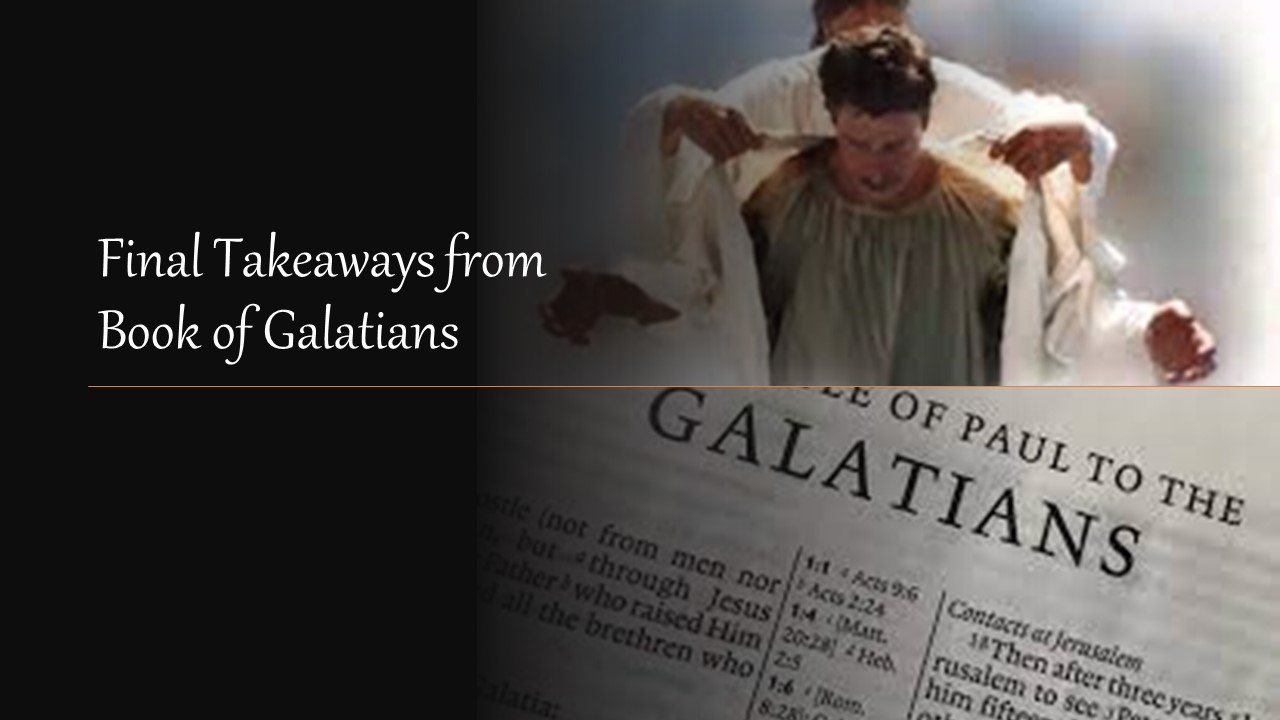Besides the practical value of clean hands, there is an idiomatic expression in English that says one has “clean hands” which means that person is innocent or free of wrongdoing. Clean hands is also a legal principle that only a party that has done nothing wrong can come to a court with a lawsuit against another person. If the party bringing the suit has acted in an unfair, illegal, dishonest, or otherwise immoral way in regards to the subject matter at issue then they have violated an equitable principle.
The apostle James observed a widespread problem of worldliness infiltrating the lives of Christians in the early church. In James 4:8, he urged his readers to repent from their sinful ways and return to the Lord: “Draw near to God, and he will draw near to you. Cleanse your hands, you sinners, and purify your hearts, you double-minded.” James’ use of the phrase cleanse your hands linked his command in a spiritual and moral sense to the language of the ancient Jewish ceremonial rituals of worship.
Additional scriptures referenced include Exodus 30:21; Psalm 24:3-4; Psalm 51:10; Romans 12:1-2; Isaiah 29:13; James 4:9-10; Matthew 15:18-20; Mark 7:1-9, 14-15, 20-23; Luke 11:37-41; 1 John 1:7; John 1:29; Ephesians 1:7; Hebrews 9:12-22; and 1 Peter 1:18-19.

What is love? Philosophers, poets, theologians, novelists, politicians and more have considered this question. Is it a passion that attacks? Is it a disease?...

We wrap up our study of the Book of Galatians with a few summary comments and a list of 10 takeaways ranging from the...

The creation story begins with the formless void, a realm of infinite potentiality where God’s Spirit hovered in anticipation of the masterpiece to come....